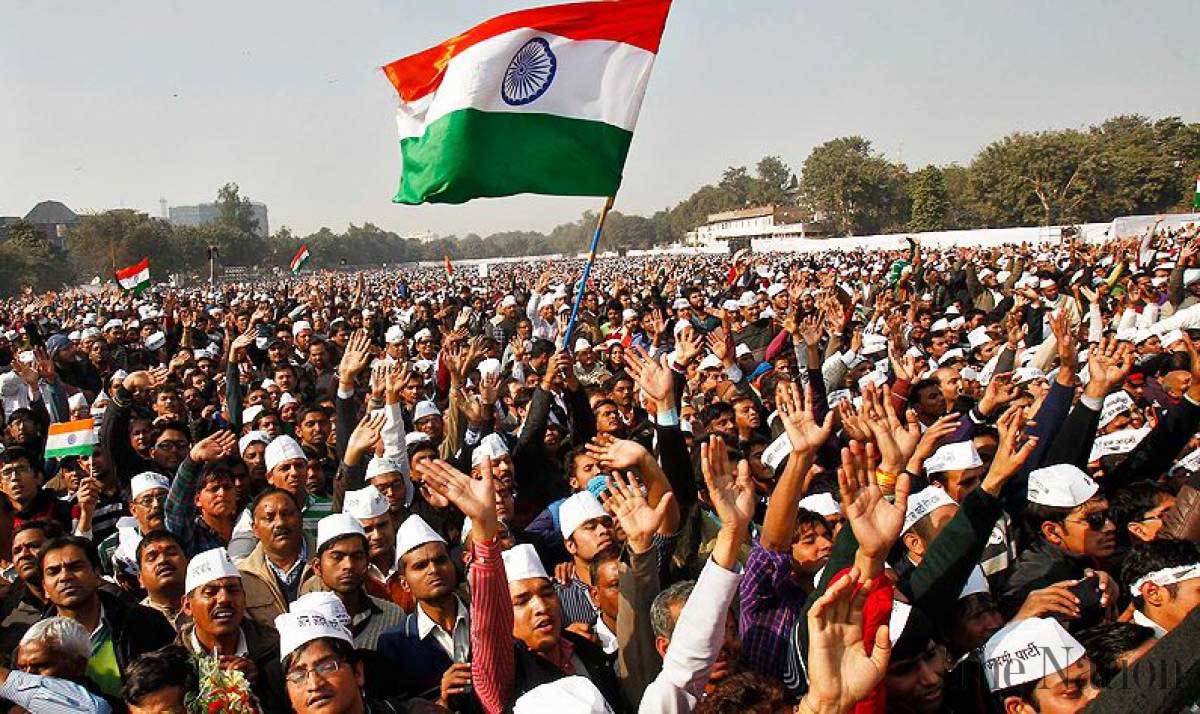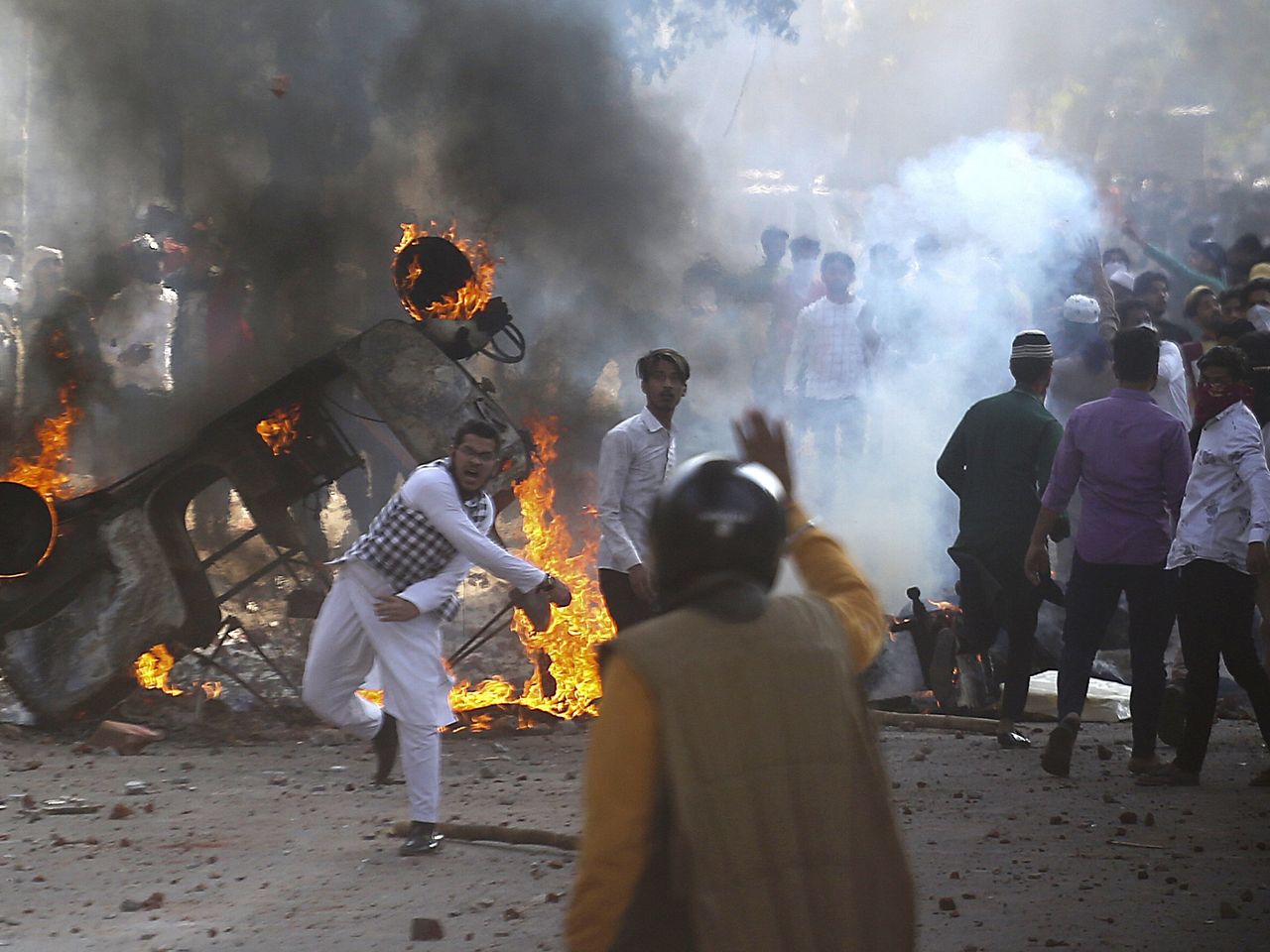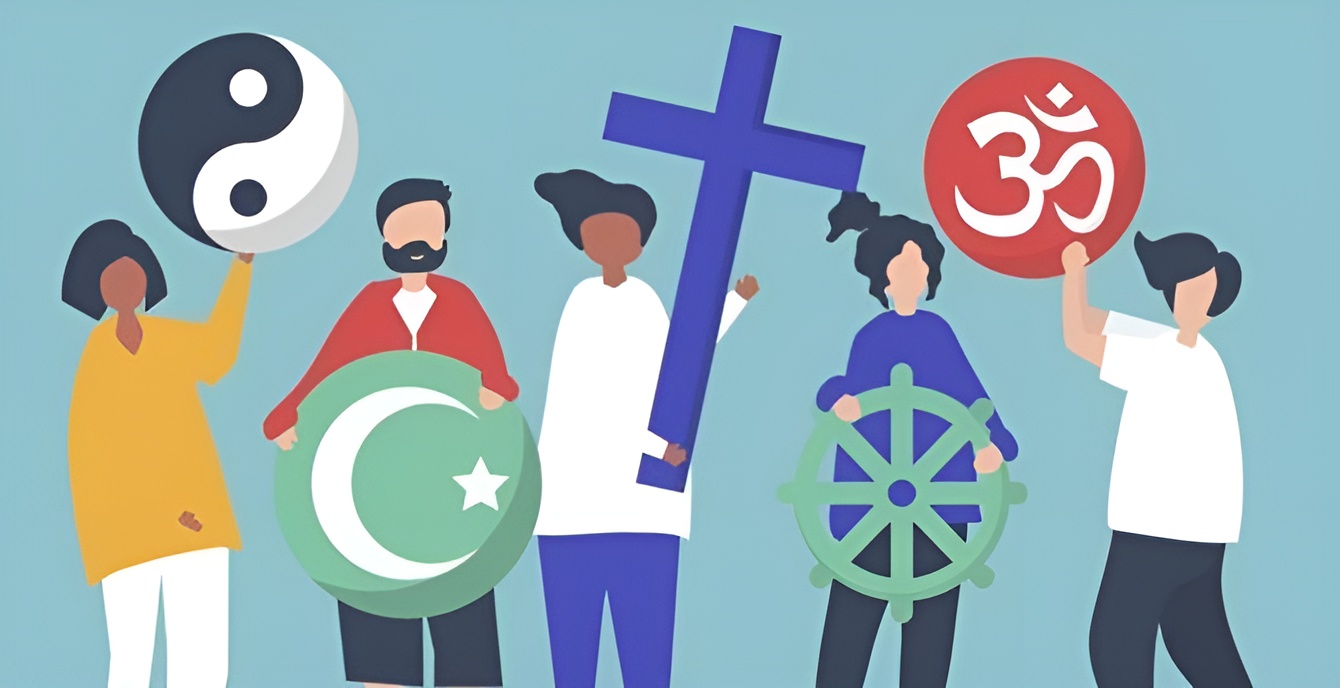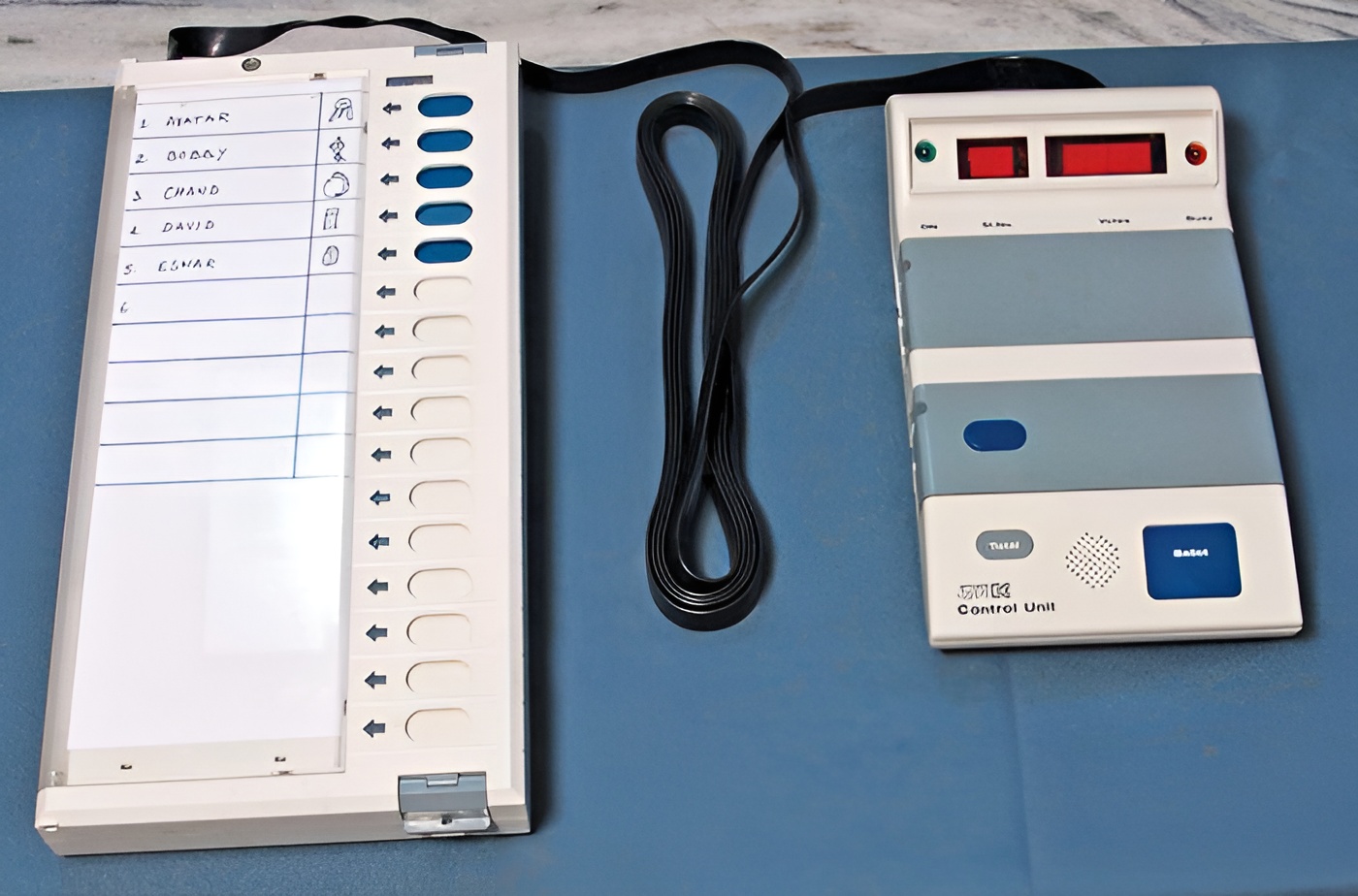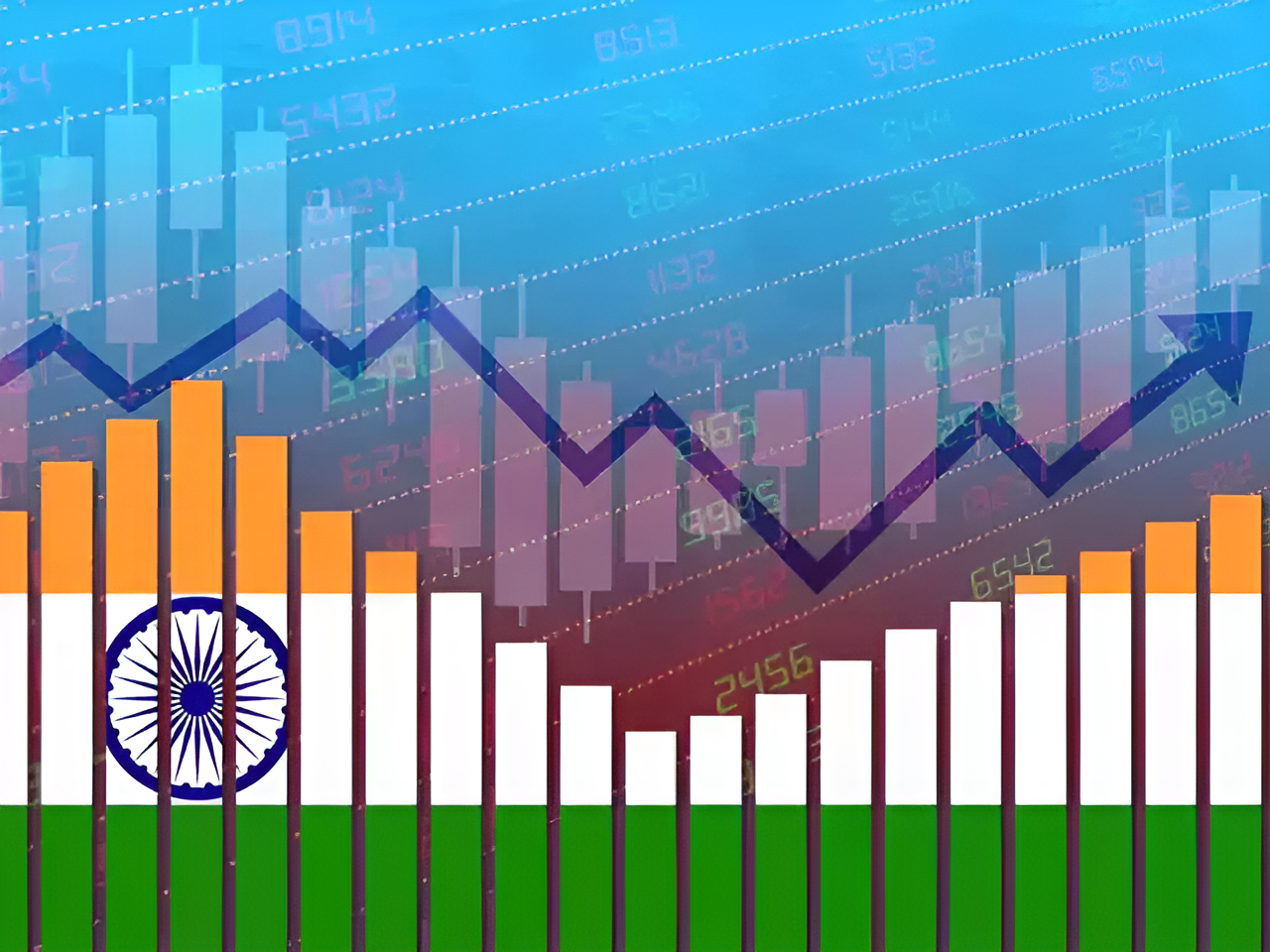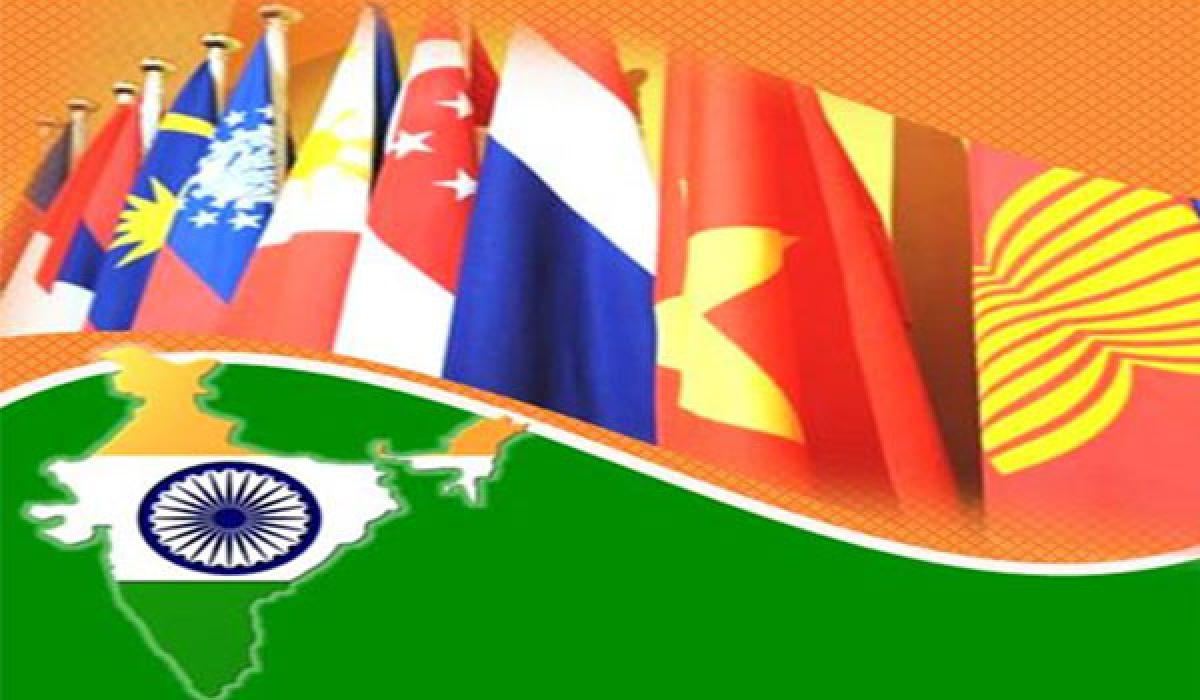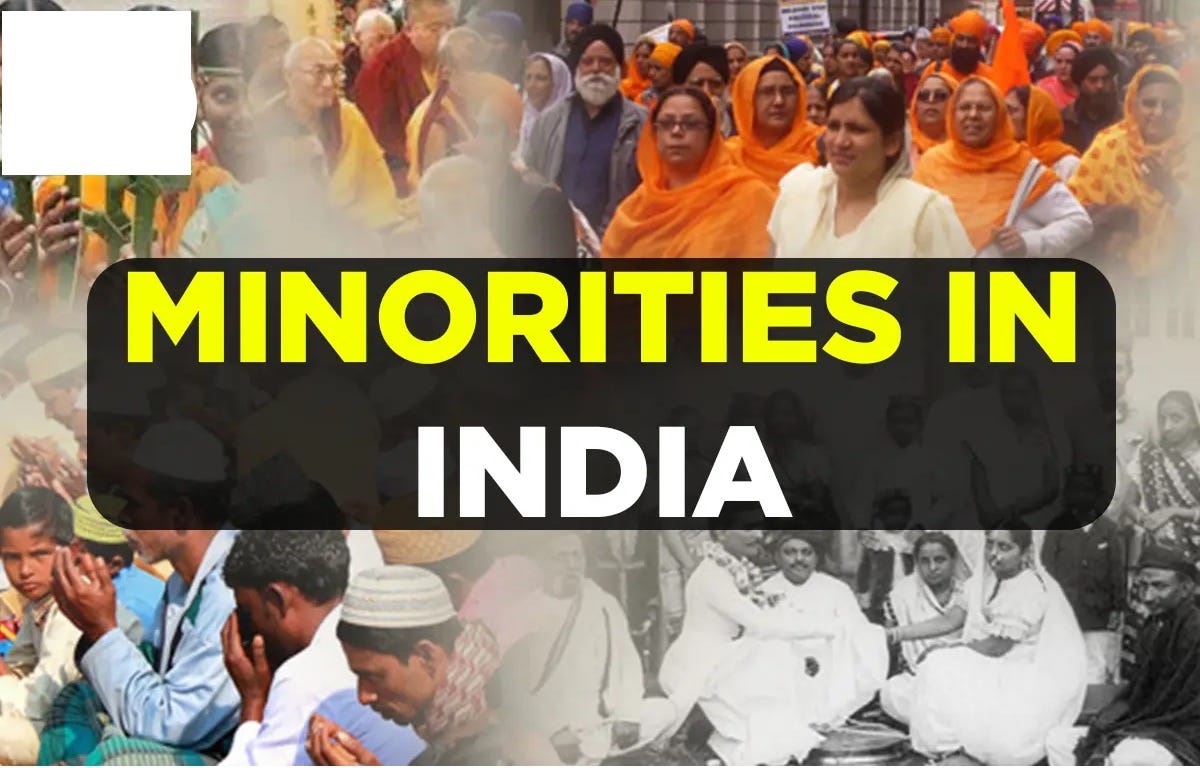India, which is frequently praised for its democratic and secular culture, is at a turning point in its history as democratic principles and human rights are being jeopardised. India has sunk into a worrisome condition of authoritarianism, according to 2023 V-Dem Institute research from the University of Göteborg. The country ranks low on both the Electoral Democracy Index and the Liberal Democracy Index. In fact, the same university declared India to be an “electoral autocracy” in 2021 due to the country’s extreme democratic collapse.
Numerous reasons that seriously jeopardise the integrity of free and fair elections are at the core of this democratic degradation. The use of electronic voting machines (EVMs) is one of the main issues raised by the public, and calls to go back to paper ballots are growing. The INDIA bloc of opposition parties has also echoed this request, demonstrating a general lack of confidence in the Election Commission of India’s (ECI) ability to protect the democratic process.
The United Nations High Commissioner for Human Rights emphasises how crucial it is to have honest, legitimate elections in order to promote democratic government and guarantee citizens’ involvement in public life. However, concerning limits on public space in India that target journalists, human rights advocates, and dissident voices in addition to hate speech and prejudice against minorities—Muslims in particular—are cause for serious concern.
The UN High Commissioner for Human Rights, Volker Turk, has raised concern over India’s increasing control over civic space and emphasised the need for an open, inclusive environment that fosters meaningful engagement, particularly in the lead-up to elections. But the events of late present a very different picture.
Farmers’ protests demanding guaranteed crop prices have taken place in North India’s agricultural heartlands, but riot police have responded with excessive force. There is a flagrant disrespect for the human rights and civil liberties guaranteed by the constitution, as seen by instances of police violence, which include the use of barricades and internet shutdowns. Comparably, despite international condemnation for its potentially disastrous effects on the native Shompen people, the projected massive construction project on Great Nicobar Island proceeds unabatedly, ignoring warnings of impending genocide.
These flagrant abuses of human rights go beyond demonstrations and property rights conflicts. The brutal murder of bystanders at a demonstration against environmental dangers in Thoothukudi highlights the harsh reality that those fighting for their rights must face. Remarkably, the National Human Rights Commission of India (NHRC), which is accused of not carrying out its job to safeguard citizens’ fundamental rights, frequently ignores such atrocities.
Opponents contend that the NHRC has turned into a willing accomplice in concealing government abuses rather than serving as a guardian against violations of human rights. Concerns about the independence and effectiveness of the commission were further heightened by Justice Arun Mishra’s appointment as NHRC head in 2021, which was met with great criticism due to his perceived tilt towards state interests.
Fears of state hegemony over human rights have been strengthened by Justice Mishra’s record of decisions that prioritise state acts over individual liberties, especially in politically sensitive instances. His apparent congruence with the government’s objectives and his overt admiration of Prime Minister Modi have generated doubts about his ability to maintain the values of justice and impartiality.
The National Human Rights Commission (NHRC) appears to have put state interests ahead of individual rights protection under Justice Mishra’s direction. This is consistent with the views of National Security Advisor Ajit Doval, who sees civil society as a danger to national security. This concerning pattern emphasises how urgently the NHRC must undergo change in order to regain its reputation as a human rights advocate as opposed to a tool of the state.
In summary, widespread human rights abuses and an increasing impunity culture are undermining democracy in India, putting the country’s democratic fabric at risk. There are doubts regarding the legality and efficacy of the NHRC because it has failed to uphold its mandate while being tasked with protecting fundamental principles. To solve these issues and reaffirm India’s dedication to protecting democratic ideals and human rights for all of its inhabitants, immediate action is required.
